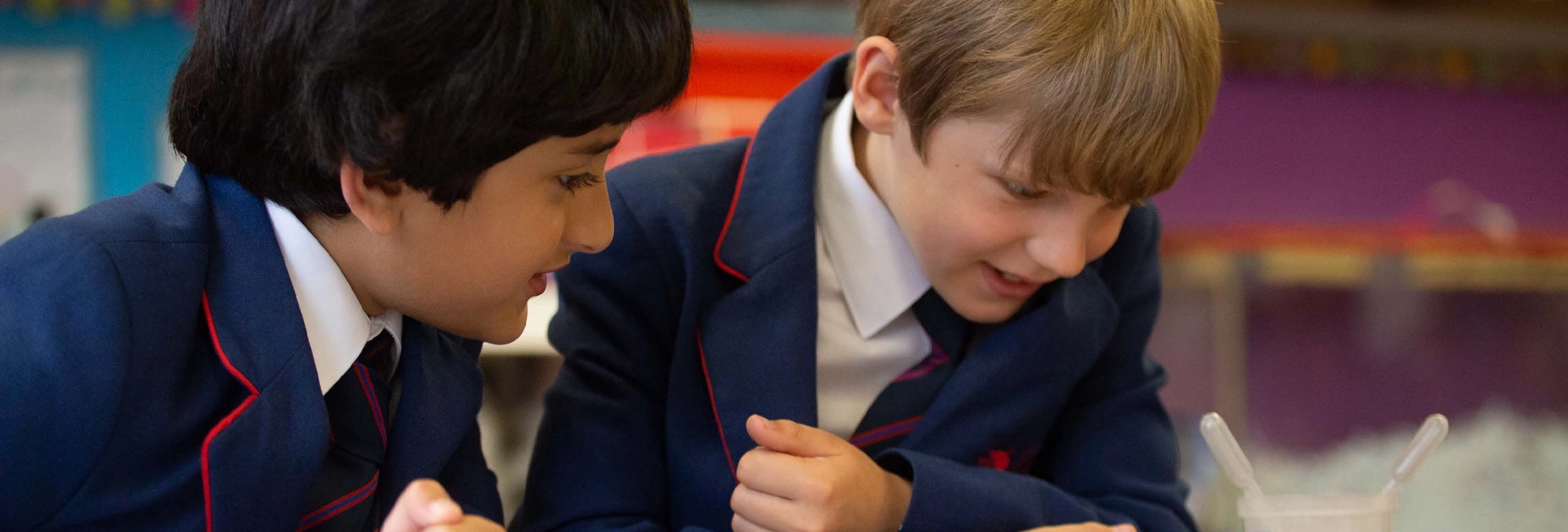Learning Support
We do our best so that children can be their best – supported, happy and thriving.
Collaboration | Action | Respect | Equity
The aims of the Learning Support team at Birkdale School are:
To make reasonable adjustments for those with special needs and disabilities by increasing access to the curriculum, to public examinations, to the environment and to printed information
To ensure that children and young people with SEN and disabilities engage fully in the activities of the school alongside their peers
To use our best endeavours to secure special educational provision for pupils that is, ‘additional to and different from’, that provided within a differentiated curriculum, responding to the four broad areas of need:
- Communication and Interaction
- Cognition and Learning
- Social, Mental and Emotional Health
- Sensory/Physical
To involve parents/carers and pupils in decisions about provision and assessment
To ensure high level of staff expertise to meet pupil’s needs through well-targeted, continuing professional development
To work in cooperative and productive partnership with outside agencies

Information about the Department
The team is overseen by the Special Educational Needs Coordinator (SENCo), Mrs Lisa Marsh. She is situated in the Grayson Building of the Senior School Site. She is supported by the Assistant SENCos, Mrs Annie Hinchliffe (Prep School) and Mrs Rachel Kirkby (PrePrep). They coordinate and deliver, with the support of Mrs Judith McQuillin and Mrs Helen Fletcher, the provision for identified students.
The majority of students’ needs are expected to be met by classroom teachers through differentiated teaching, informed as necessary by advice from the SENCo/Assistant SENCos. However, some students need additional support and to provide this we offer a range of 1:1 and small group interventions. We apply the Assess, Plan, Do and Review model, meaning that we explore type and level of need before putting a provision in place, which we then regularly review to check that it is making a difference. Interventions typically last for 6-12 weeks.
Further information is available here:

